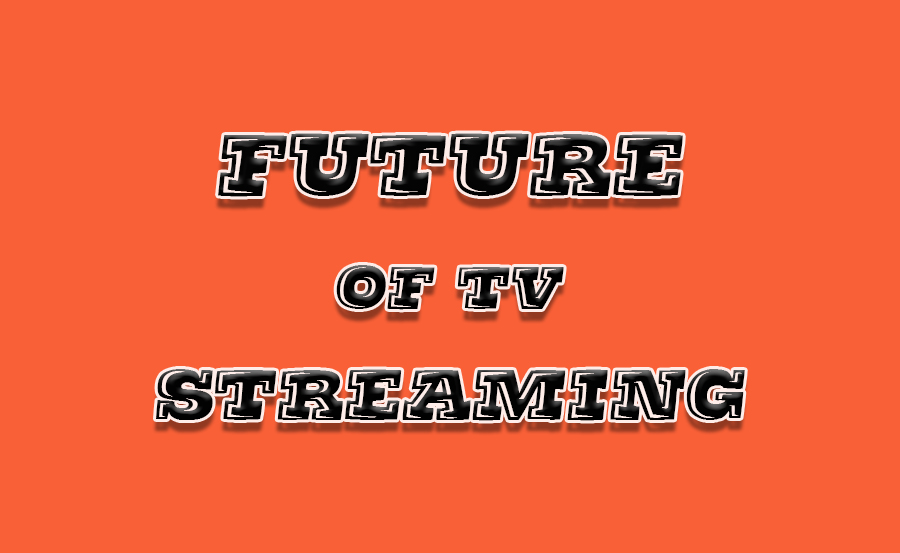Television is evolving, and IPTV (Internet Protocol Television) stands at the forefront of this change, offering flexibility, control, and a personalized viewing experience. This beginner’s guide covers everything you need to know about IPTV and why it’s seen as the future of TV.
Buy 1 Year IPTV – Instant Access
1. What is IPTV?
IPTV, or Internet Protocol Television, is a method of streaming television content over the internet instead of through traditional satellite or cable. Unlike linear broadcasting, IPTV delivers video content through a dedicated IP network, allowing viewers to stream content on demand.
2. How Does IPTV Work?
IPTV uses a unique system to deliver content directly to your device. Here’s a breakdown:
- Multicasting and Unicasting: With multicasting, IPTV sends streams to multiple users simultaneously. Unicasting delivers content to individual users, which is common in video-on-demand services.
- IP-Based Protocols: Unlike traditional TV, IPTV relies on TCP/IP protocols to transfer data packets. This enables the efficient delivery of video and audio in high quality over internet connections.
- Streaming Servers: Content is stored on servers, and viewers access it through an app, browser, or IPTV box. This method allows for interactive features like pausing live TV or choosing on-demand shows.
3. Types of IPTV Services
IPTV offers several types of services, each providing a different viewing experience:
- Live Television: IPTV can stream live broadcasts, such as sports events, news, and real-time programs, giving viewers the experience of traditional TV with added flexibility.
- Video on Demand (VOD): Users select movies, shows, or videos from a library and watch them anytime. This service is popular because it allows for content to be streamed on demand.
- Time-Shifted TV: This option lets viewers watch programs after they’ve aired. Often called “Catch-Up TV,” it gives users a chance to see missed episodes or segments at their convenience.
4. Advantages of IPTV Over Traditional TV
IPTV offers several significant advantages over conventional broadcast TV:
- Flexible Viewing: Watch shows on any device connected to the internet—smartphones, tablets, or TVs.
- Content Variety: IPTV platforms offer diverse libraries with channels, movies, series, and international content.
- Interactive Features: Many IPTV services allow pausing, rewinding, and fast-forwarding through content, giving viewers greater control.
- On-the-Go Access: Since IPTV works through the internet, you can access your content anywhere with a connection.
5. Essential Components for IPTV Setup
Getting started with IPTV requires a few key components:
- Internet Connection: A high-speed connection, ideally 10 Mbps or more, ensures smooth, buffer-free streaming.
- IPTV Device: IPTV can be accessed on many devices, including smart TVs, mobile phones, set-top boxes, and computers.
- IPTV App: Depending on your provider, you’ll need an app compatible with your device. Many providers offer apps for Android, iOS, and other platforms.Troubleshooting Smart STB for IPTV: Common Issues and Fixes
6. Choosing the Right IPTV Service Provider
Selecting the right IPTV provider is crucial to enjoying a seamless experience:
- Reliability: Look for a provider with stable servers to prevent buffering or lag.
- Content Offerings: Choose a service with a selection that matches your interests, including live channels, VOD, and exclusive content.
- Customer Support: Ensure your provider offers reliable support to handle any issues that may arise.
7. Setting Up IPTV on Various Devices
IPTV can be set up on various devices with minimal effort:
- Smart TV: Download the IPTV app from your TV’s app store and log in with your provider’s credentials.
- Amazon Fire Stick: Use the Downloader app to sideload the IPTV app if it’s unavailable in the store.
- Mobile and Tablet: Most IPTV providers offer mobile apps compatible with Android and iOS.
8. The Future of IPTV and Television
As streaming technology advances, IPTV is poised to play an even greater role in how we consume media. The integration of 5G technology promises faster speeds, allowing higher-quality streams and more immersive content. IPTV is also increasingly incorporating interactive and personalized content, which could revolutionize the television experience.
9. Common IPTV Myths Debunked
- “IPTV is Illegal”: While some unlicensed IPTV services are indeed illegal, many legitimate IPTV providers operate legally with the proper licensing.
- “IPTV is Just Like Netflix”: Although both rely on internet streaming, IPTV offers live TV and more options, such as channel lineups and time-shifted viewing, distinguishing it from standard streaming platforms.
- “IPTV Always Buffers”: Buffering largely depends on the quality of the provider and your internet connection. A reliable IPTV service and a stable internet connection minimize buffering issues.
Top IPTV Player Apps for Chromecast: A Comprehensive Guide
10. Getting Started with IPTV: What to Consider
Starting with IPTV can be as easy as selecting a reputable provider and installing the app. Make sure to choose a plan that fits your needs, whether for live TV, VOD, or multi-device access. For the best experience, consider an IPTV box or stick that provides consistent and high-quality streaming, especially if you prefer watching on your TV.
Conclusion
IPTV is redefining how we watch TV, merging the best of traditional broadcasting with the flexibility of digital streaming. As more viewers seek personalized content and on-demand services, IPTV continues to grow in popularity. Whether you’re new to streaming or ready to explore a more versatile viewing option, IPTV offers a glimpse into the future of television.

